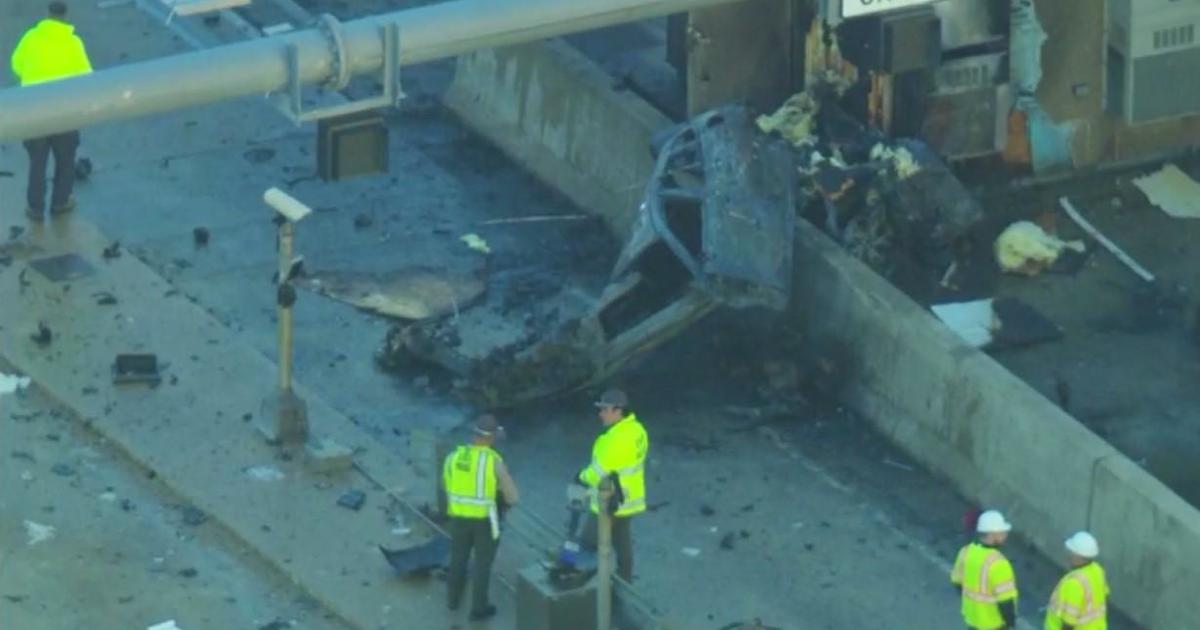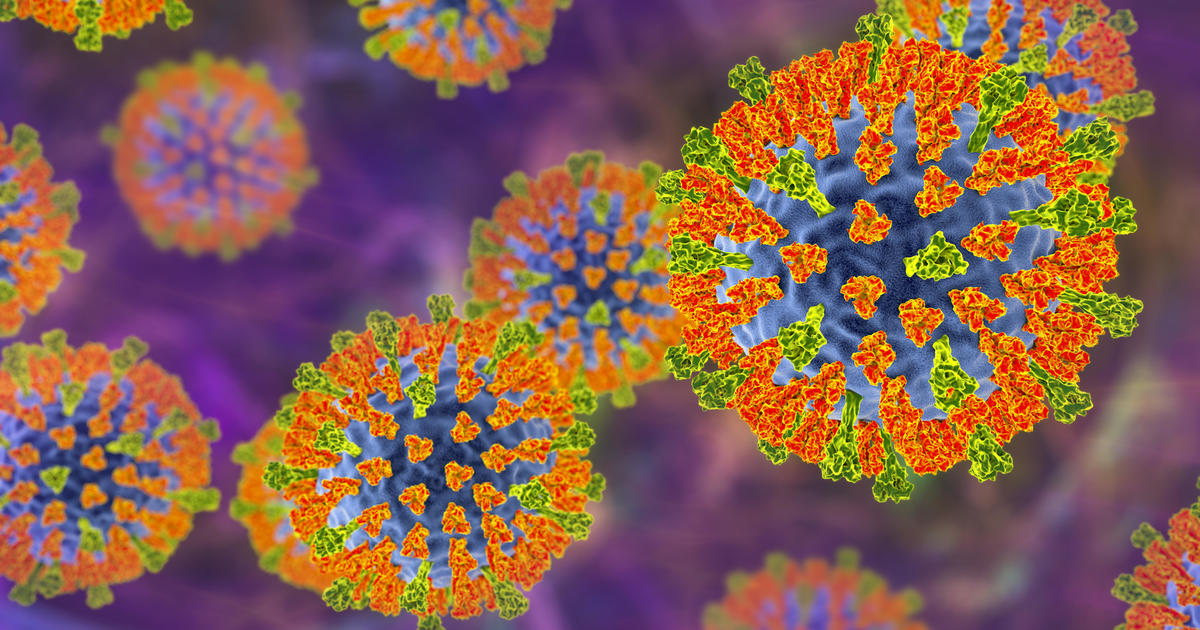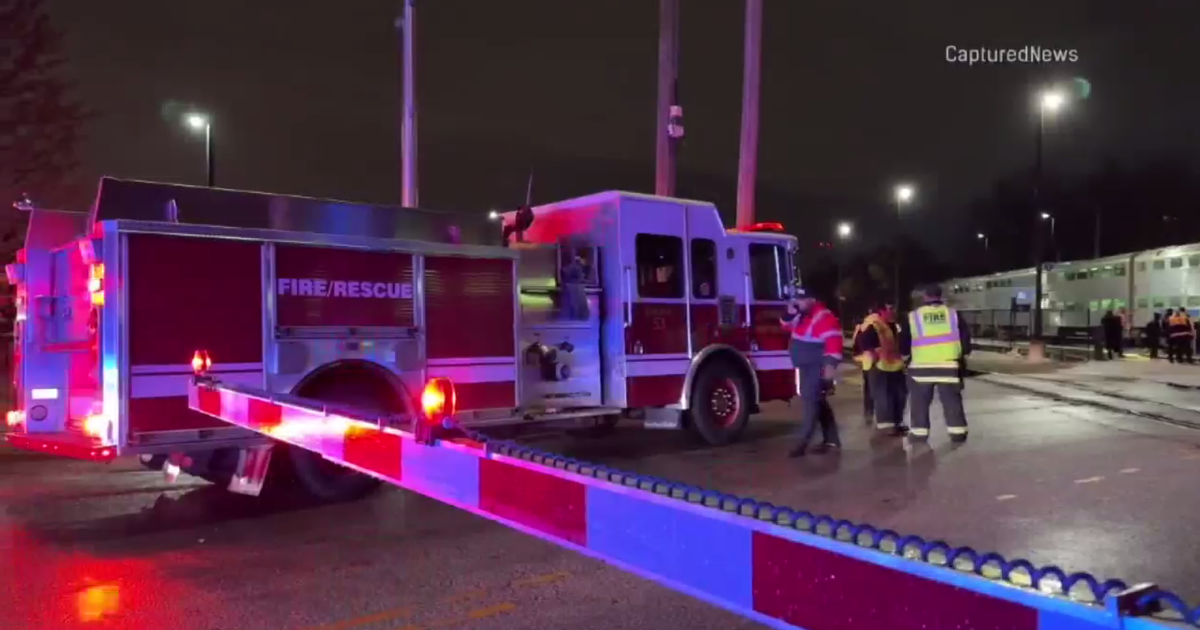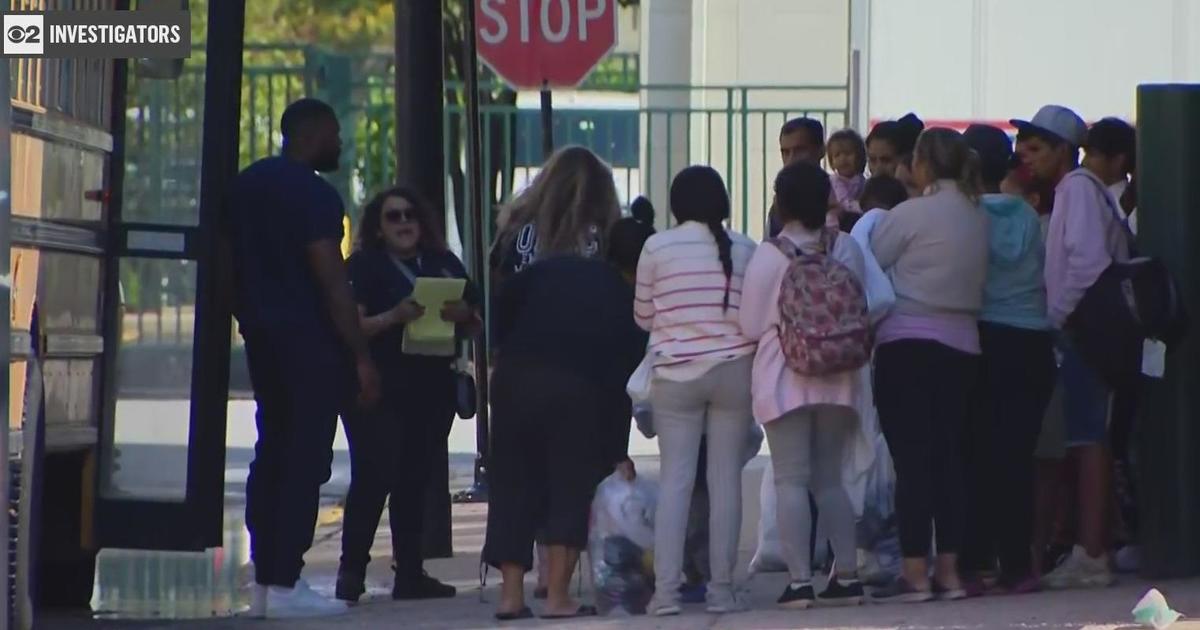Metra Vows To Fix Diesel Engine Pollution
Updated 11/9/10 - 6:30 p.m.
CHICAGO (CBS) -- Metra is looking for immediate remedies to the problem of pollution from diesel locomotives, particularly those idling in Chicago's Union and Ogilvie stations.
An investigation by the Chicago Respiratory Health Association and the Chicago Tribune found high levels of diesel soot in the air where trains are parked.
LISTEN: Newsradio 780's John Cody Reports
Podcast
Metra Acting Executive Director Bill Tupper said Tuesday that he's already hired Chicago-based Carnow, Conibear & Associates, an air quality monitoring consultant, to conduct tests to determine how much soot is inside its trains, beginning Monday.
Tepper said he's looking for short-term remedies and long-term solutions. He spoke Tuesday at a joint session to set up a task force of representatives from unions, environmental agencies and transit groups including Amtrak and the Environmental Protection Agency.
"I think they should have done this before, but it's a good initiative to start now," commuter Mario Parente told CBS 2's Dorothy Tucker.
He and other commuters were relieved that Metra was taking steps to test the amount of diesel soot inside its trains.
The tests will help determine just how much of the lung- and heart-damaging pollutant commuters are breathing every day.
"We're not only testing for soot," Tupper said. "We're testing for everything the EPA requires."
Metra said that tests will be performed on multiple cars at Union Station and Ogilvie Transportation Center, the two indoor stations where Metra operates diesel trains.
Metra's LaSalle Street Station is an open air station and only electric trains run out of Millennium Station.
The short-term remedies could be improved air filters within the trains to reduce particulate levels experienced by riders. He'll also investigate whether there are sufficient fans cleaning the air within the stations.
"Are there options for changing the filtration on the cars?" Tupper said.
Tupper said that, on a longer-term basis, Metra will try to find cleaner diesel fuel, which it uses to the tune of 25 million gallons per year.
But he also says a long-term remedy will come from purchase and operation of the next generation of diesel locomotives. They burn diesel fuel cleaner than the existing fleet, which averages around 30 years old.
Tepper pointed out that at no point has Metra been out of compliance with any federal safety or environmental regulations.
The agency has already opted to overhaul some of its old locomotives with technology that reduces the amount of diesel soot when the trains are idling, at a cost of $2 million per locomotive.
New locomotives that offer cleaner engines cost twice as much. But that's the best choice, according to health advocates.
"We can put a lot of band aid on it, but if you don't stop the source of the pollution, if you don't clean up that source it's going to be a long term problem," said Brian Urbaszewski, Director of Environmental Health Programs for the Respiratory Health Association.
The testing will take about three weeks.
Metra officials said they'll also set up a task force to find money to fund the projects to reduce the diesel soot in the trains.
And the Chicago Respiratory Health Association stresses that while diesel pollution is an environmental hazard, there is no data to show that Metra riders are any less healthy than anyone else.



